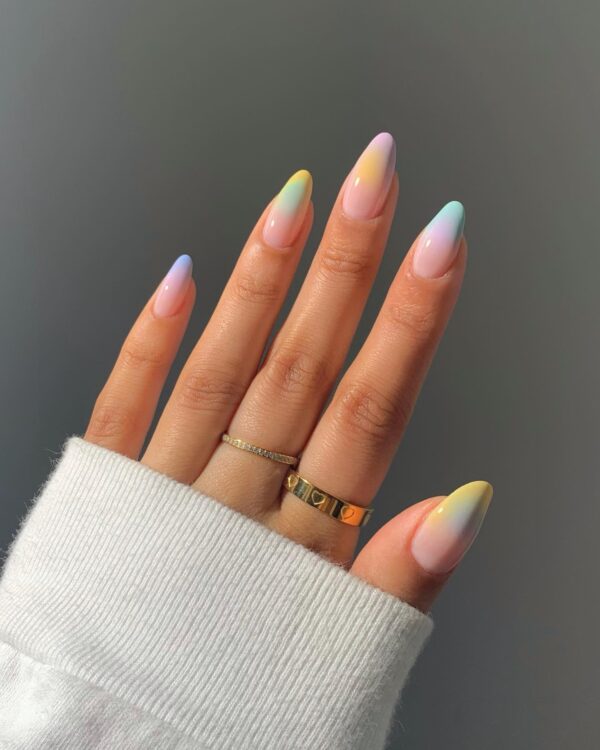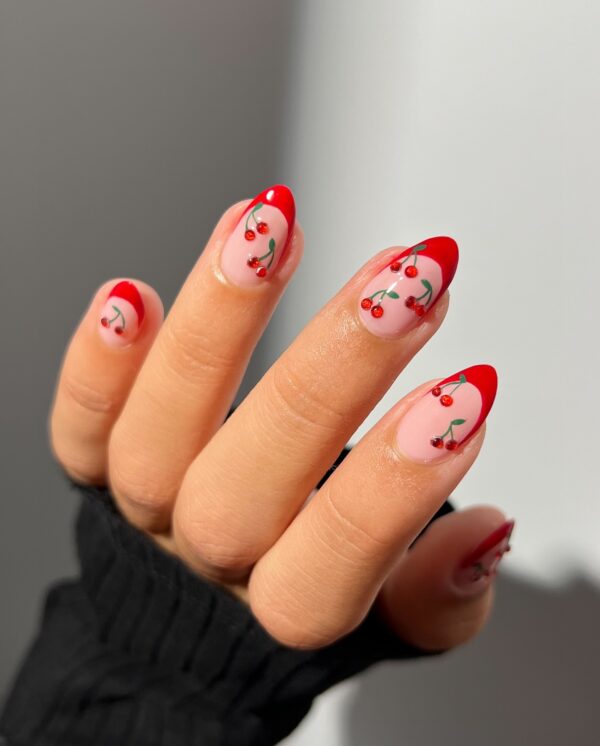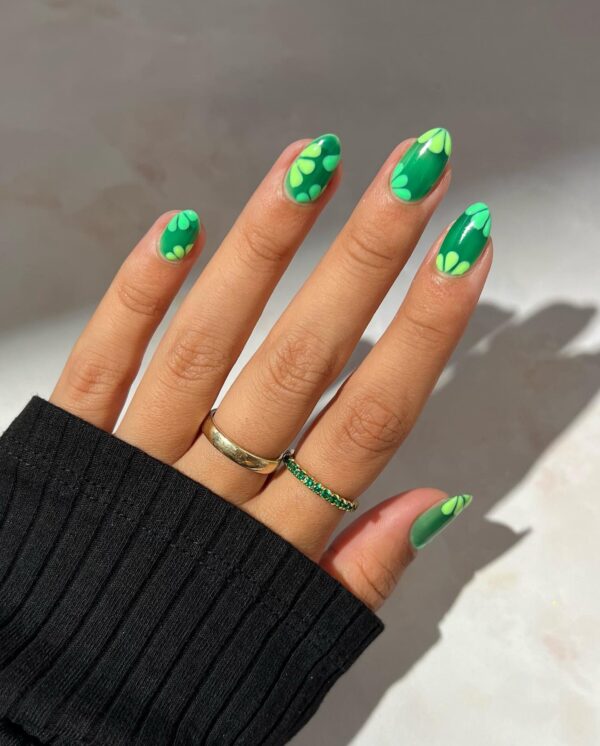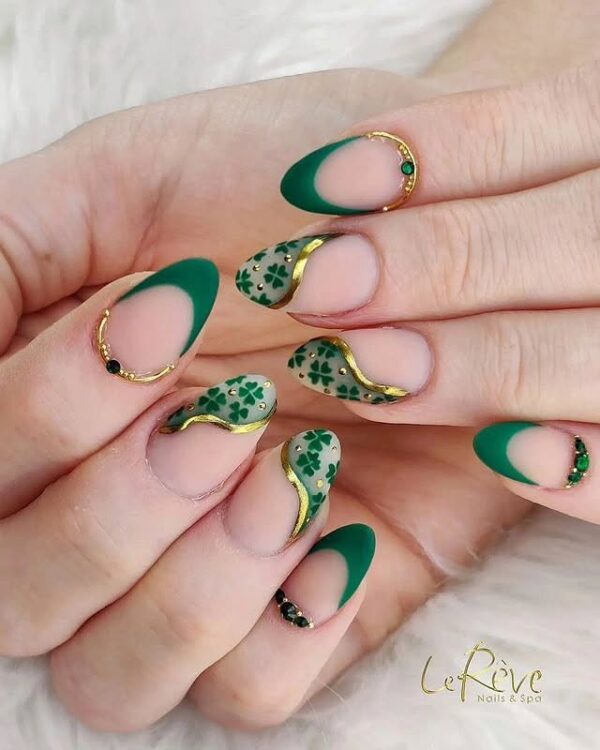Nail art, the creative process of decorating nails with paint, polish, or other embellishments, has revolutionized the way we express our personal style. This form of self-expression can range from subtle, simple designs to elaborate works of art, turning nails into canvases of miniature masterpieces. In this comprehensive guide, we dive into the world of nail art, exploring the various types and techniques available.
Traditional Nail Polish Art


Traditional nail polish sits at the core of nail artistry. Regular nail polish is used to create simple or complex designs. Easy to apply and remove, it’s the most accessible type, serving as an excellent starting point for beginners. Though not as durable as other types of nail art and prone to chipping, it’s affordable and available in a wide spectrum of colors.
Acrylic Nail Art


Crafted from a blend of acrylic powder and liquid monomer, acrylic nails offer a sturdier canvas for more elaborate designs. Acrylic nails are revered for their durability, outlasting traditional polish. However, they require more skill and time to apply and remove. Despite being slightly more expensive than traditional polish, their longevity and versatility make them a popular choice.
Gel Nail Art


Next up, we have gel nails. Made from a special gel cured under UV light, gel nail art shares similar characteristics with acrylics — they are durable and ideal for intricate designs. Application and removal can be challenging, similar to acrylics. The cost of gel nail art is generally higher, but the glossy finish and long-lasting wear are often deemed worth the investment.
Nail Wraps


For those seeking a quick, hassle-free option, nail wraps are the way to go. These are pre-designed patterns that are applied directly to the nails. Ranging from playful prints to elegant motifs, nail wraps can be worn over traditional polish or acrylic nails. They’re an easy, fuss-free way to achieve a polished look without needing a steady hand or artistic skills.
Stamping, Stenciling, and Hand Painting



Diving deeper into the realm of nail artistry, techniques such as stamping, stenciling, and hand painting allow for more customization. Stamping employs a unique tool to transfer a design from a stamp onto the nail. Stenciling, on the other hand, uses pre-cut templates to guide the polish application, ensuring a neat, clean design. For the creatively inclined, hand painting allows artists to use brushes or other tools to freehand designs, bringing their unique ideas to life on a micro-scale canvas.
Conclusion
The world of nail art is a colorful, vibrant space filled with endless possibilities. From traditional nail polish to acrylic and gel art, from simple nail wraps to detailed hand-painted designs, every technique and style has its unique appeal. As you explore this form of self-expression, remember that the best type of nail art is the one that allows you to express your individual style and creativity.
Disclosure: This post may contain affiliate links, meaning we may earn a commission if you make a purchase through these links, at no additional cost to you.




